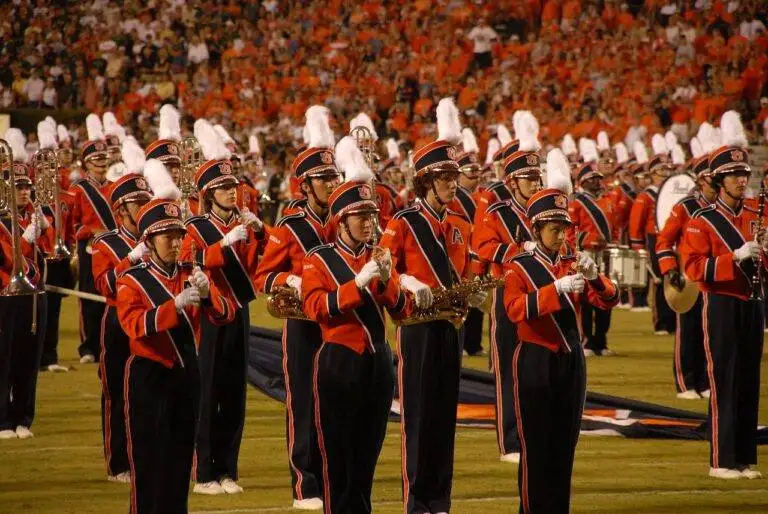Exploring the Role of Recovery Psychology in IPL Performance Optimization: All pannel.com, Cricket bet99, Lotus365 vip login
all pannel.com, cricket bet99, lotus365 vip login: Exploring the Role of Recovery Psychology in IPL Performance Optimization
IPL (Indian Premier League) is one of the most popular and competitive cricket leagues in the world. With high stakes and intense pressure, players are constantly looking for ways to improve their performance on the field. While physical training and technique are crucial aspects of preparation, the role of recovery psychology cannot be underestimated in optimizing IPL performance.
Recovery psychology refers to the mental and emotional aspects of recovery after physical exertion. It involves strategies and techniques to help athletes recover both physically and mentally, allowing them to perform at their best consistently. In the context of IPL, where players face a grueling schedule with back-to-back matches, proper recovery psychology can make a significant difference in performance.
Let’s delve into how recovery psychology plays a key role in optimizing IPL performance:
1. Mental Resilience: IPL matches are high-pressure situations where the ability to stay calm and focused is crucial. Recovery psychology helps players develop mental resilience, enabling them to bounce back from setbacks and perform under pressure.
2. Stress Management: Managing stress is essential for IPL players to avoid burnout and maintain peak performance throughout the season. Recovery psychology techniques such as mindfulness and relaxation training can help players cope with the demands of the league.
3. Sleep Quality: Adequate rest and quality sleep are vital for recovery and performance optimization. Recovery psychology interventions can improve sleep quality and help players feel refreshed and energized for each match.
4. Emotional Regulation: Emotions can run high during IPL matches, and the ability to regulate emotions is key to making sound decisions on the field. Recovery psychology equips players with strategies to control their emotions and stay focused on the game.
5. Visualization: Visualization is a powerful technique used in recovery psychology to enhance performance. By mentally rehearsing successful outcomes and visualizing themselves performing at their best, IPL players can boost their confidence and game-day performance.
6. Goal Setting: Setting clear and achievable goals is essential for IPL players to stay motivated and focused. Recovery psychology can help players establish goals that are specific, measurable, and time-bound, leading to improved performance on the field.
In conclusion, recovery psychology plays a vital role in optimizing IPL performance by enhancing mental resilience, managing stress, improving sleep quality, regulating emotions, utilizing visualization, and setting goals. By incorporating recovery psychology strategies into their training regimen, IPL players can elevate their performance and maintain consistency throughout the season.
FAQs:
Q: Are recovery psychology techniques only beneficial for IPL players?
A: No, recovery psychology techniques can benefit athletes in any sport by improving mental resilience and performance under pressure.
Q: How can IPL teams integrate recovery psychology into their training programs?
A: IPL teams can work with sports psychologists to develop personalized recovery psychology strategies for players and incorporate them into their training and match preparation routines.
Q: Can recovery psychology help prevent injuries in IPL players?
A: While recovery psychology focuses on mental and emotional recovery, it can indirectly contribute to injury prevention by promoting overall well-being and performance optimization.
Q: What are some common recovery psychology techniques used by IPL players?
A: Some common recovery psychology techniques used by IPL players include mindfulness meditation, relaxation training, visualization exercises, and goal-setting practices.







